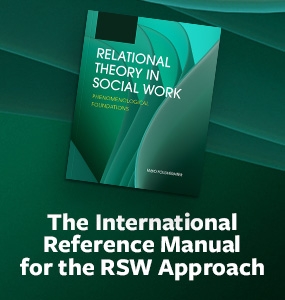The good life as a sharing of relational goods
Pierpaolo Donati
In which ways and why do hyper modernized societies change the concept and practices of the «good life»? What are the prospects for the next future? Human happiness is being redefined as the possibility of enjoying opportunities that present themselves in contingent situations. From a sociological viewpoint, it becomes a matter of analyzing who offers these opportunities, how they are used, and what effects they produce. The Author argues that there are three main sources offering opportunities: the lib/lab systems, a global communication matrix of an impersonal nature, and new collective subjects of civil society organized in social networks. The opportunities afforded by these three sources are selected on the basis of a multiplicity of logics (individualistic, systemic, or relational). The Author claims that these different moralities of the good life are generated according to different ways of addressing the relation between «the social» and «the human», and, more generally according to the diverse ways of considering social relations as the decisive reality fostering human fullfilment. In the end, the Author claims that, in a society conceived as a field of opportunities, the discriminating factor of «living well» becomes the relational or non-relational nature of the good that is sought and realized by the acting subjects. This guiding idea is what supports relational social work in dealing with well-being issues. The good life is a matter of the modalities with which agents and social networks produce their relational goods or, vice versa, engender relational evils.
Keywords
Relational theory of society – Good life – Relational goods – Politics of relationality – Relational social work




